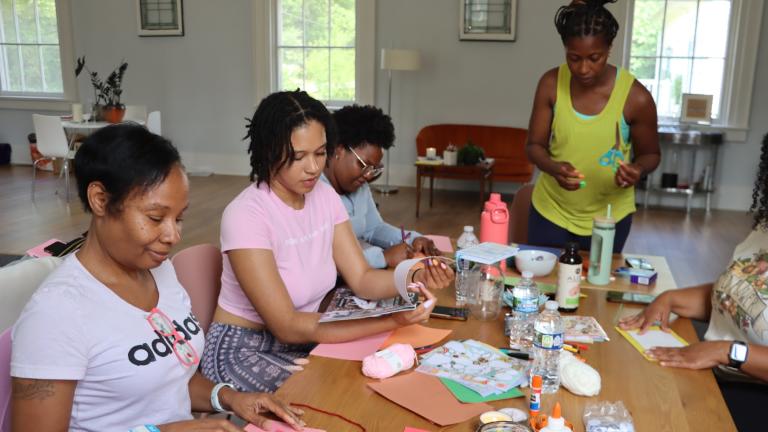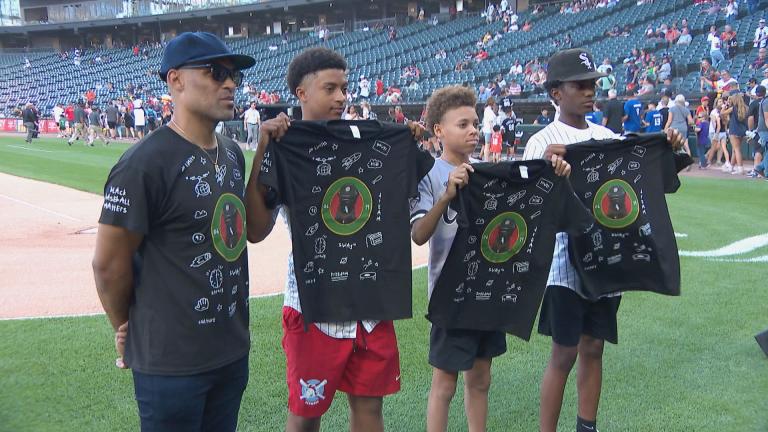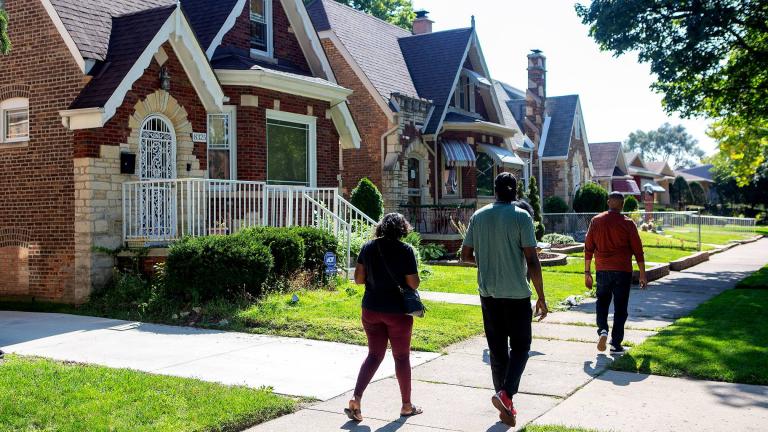Last month’s passage of Texas Senate bill 8, which drastically reduces abortion rights in that state, has once again drawn the nation’s attention to the issue of reproductive health care.
But abortion care is just one part of health care where wide racial disparities persist, particularly for Black women. According to the Illinois Department of Public Health and the Centers for Disease Control and Prevention, Black women are still most likely to die from pregnancy-related causes. More than two-thirds of pregnancy-related deaths in Illinois were preventable and the leading underlying causes of maternal death were preeclampsia, eclampsia and embolism.
“I think the biggest contributor to the disparity and health outcomes leading to Black women dying at an alarming rate is access to health care, which is drastically diminished in the African American community, mainly because of a lack of resources in the underserved communities,” said Dr. Joy West, an obstetrician-gynecologist at Roseland Community Hospital and Mt. Sinai Hospital. “Many of the systemic racism policies that have been in place for a long time. But I am happy that there has been a light shone on outcome disparity and maternal outcomes. And I think that we are on the path to health equity in the Black community.”
Doulas can offer a knowledgeable and culturally competent addition to maternal health care for fertility, prenatal, labor and delivery, abortion, and postpartum care. Chicago Volunteer Doulas offers low- and no-cost services to vulnerable communities in the Chicago area.
“What doulas provide is informed and compassionate emotional support as well as educational support for folks in their experience of their pregnancy, their labor and their birth experiences as well as their postpartum experiences,” said Anya Tanyavutti, executive director of the nonprofit group. “I think what’s critical about the support that Chicago Volunteer Doulas offers is that it’s rooted in the values of anti-racism and the value of providing culturally relevant care to communities. And we believe strongly in the fact that we are operating in solidarity with the communities that we are caring for. We know that we are also victims to the systematic exclusion that our clients are exposed to. And we are operating in solidarity for our collective liberation.”
West points out that for optimal birth outcomes, the care should start long before pregnancy.
“High blood pressure in pregnancy can lead to preeclampsia. If we can get women in to see primary care doctors to optimize their health even before getting pregnant, then we know that we have a better chance of managing the high blood pressure, for example, during the pregnancy,” she said
Chicago Foundation for Women President and CEO Felicia Davis says when it comes to women’s health care, supporting organizations that fight for inclusive health care rights is the most important way everyone can contribute to improving outcomes.
“For all the funders or people who can, invest in supporting front-line organizations that are led by women of color,” she said. “The other thing is advocating to protect and support comprehensive sexual and reproductive health benefits in all forms, including contraception, pregnancy management (and) access to reproductive services including abortion.”
Davis does not believe that Illinois is going to go the way of Texas anytime soon.
“We’re lucky in the state of Illinois. HB40 is the law of the land, the reproductive health act signed by Gov. Pritzker,” she said. “And we need to fully realize the tenets of that law includes some implicit bias training so that some of these disparities with Black maternal health can be addressed.”
Tanyavutti, of the Chicago Volunteer Doulas, agrees.
“What we’re seeing is a systematic expression of racism and misogyny that is converging in lack of proportionate value and care for the bodies of Black birthing people,” Tanyavutti said. “Doulas are a mitigating factor, but we are not the solution. The solution is disrupting racism and misogyny expression in our system. That is where the responsibility lies.”








